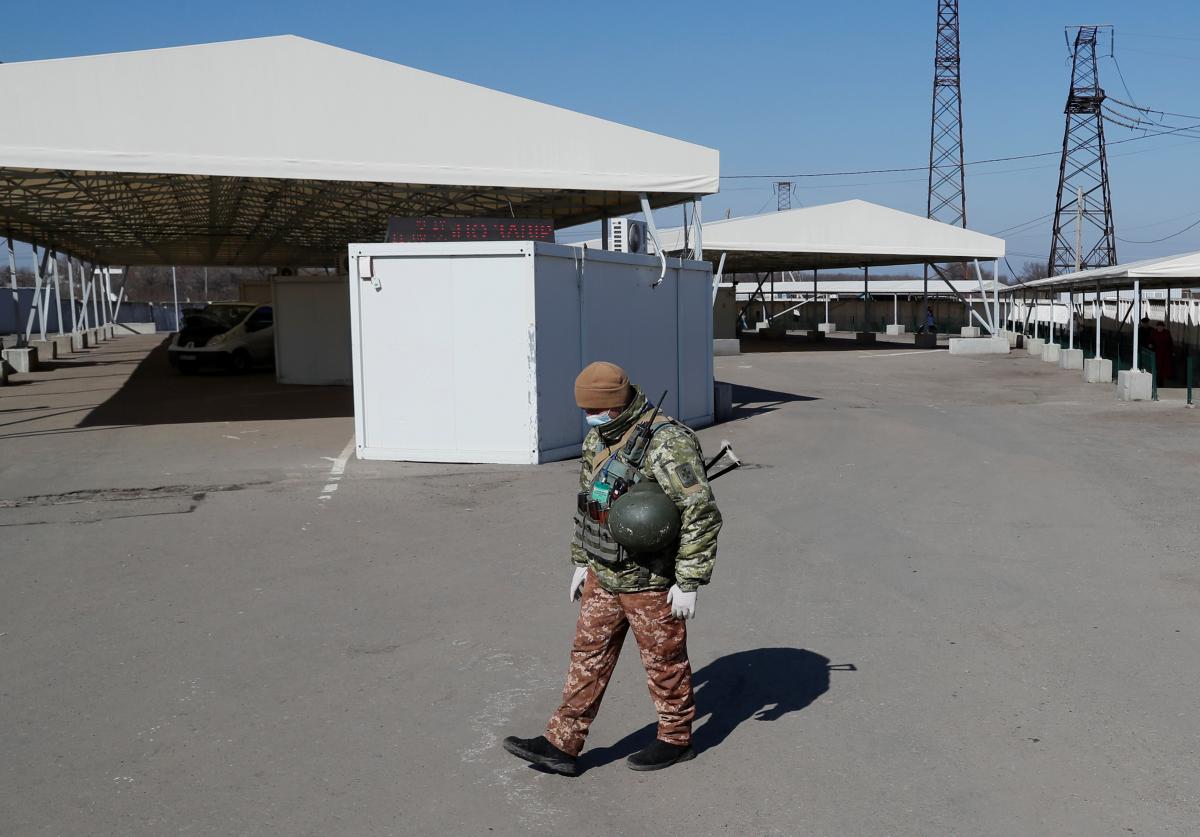
The Trilateral Contact Group (TCG) on Donbas has held a regular video conference meeting with participation of representatives of the OSCE, Russia and Ukraine, including internally displaced persons representing Donbas, to discuss local elections, lists of prisoners of war (POWs), as well as opening two checkpoints in Luhansk region.
"In the framework of the working group on political issues, the Ukrainian delegation provided the parties [to the consultations] with a calendar plan to prepare and hold local elections within the time frame established by law," the press service of the Office of the President of Ukraine said.
Read alsoHumanitarian situation in Donbas worsens over COVID-19 pandemic – ICRC
Ukrainian representatives stress that elections in the Russia-controlled districts in Donetsk and Luhansk regions are possible only after comprehensive de-escalation, the withdrawal of foreign military units and equipment, disarmament of illegal armed groups, and restoration of control over the state border in the conflict zone by the Ukrainian government.
The humanitarian group discussed the coordination of lists for the mutual release of captives. The Ukrainian party continues to insist on an "all-for-all" release.
The Ukrainian delegation reiterated willingness to open two new checkpoints in Luhansk region for humanitarian purposes, and provide security guarantees for the period of construction of checkpoint infrastructure by the temporarily occupied territories subject to actual work.
A number of proposals submitted by the Ukrainian party were discussed within the working group on security issues. They concerned, among other things, demining and security for civilians, new disengagement points and ensuring a sustainable ceasefire. The group's moderator, Ambassador Yaşar Halit Çevik, noted the constructive nature of the dialogue.
The Ukrainian delegation emphasized the need to ensure full and unimpeded access of the OSCE Special Monitoring Mission to Ukraine (OSCE SMM) to the entire temporarily uncontrolled territory. Only in the period from June 1 to June 23, 2020, thirty-nine cases of non-admission of OSCE SMM observers to the territory not controlled by the government of Ukraine through the checkpoints along the official road corridors crossing the delimitation line were recorded.
Read alsoRussian-led forces' missile hits OSCE monitors' camera (Photo)
The Ukrainian party stressed its willingness to provide the necessary security guarantees and full assistance to the OSCE SMM to investigate the incident with damage to the surveillance camera of the Special Monitoring Mission near Shyrokyne (Donetsk region), which occurred on June 22, 2020, as a result of shelling from the territory uncontrolled by the government of Ukraine.
The Ukrainian party offered to hold an additional meeting of the security group to achieve progress in the issue of disengagement of forces and weapons in the project areas until the next meeting of the TCG.
Due to the efforts of the Ukrainian delegation within the working group on social and economic issues, the work of the Ukrainian mobile network operator in the Russia-occupied districts resumed after a two-week break.
The Ukrainian party initiated the discussion of approaches to solving environmental problems in the occupied areas in Donetsk and Luhansk regions. In particular, it raised the issue of safe storage of radioactive materials and the possibility of forming a group of experts under the auspices of the IAEA to monitor the situation. The delegation also raised the issue of ensuring water supply in the conflict zone.
The next round of consultations within the TCG is scheduled for July 8.

